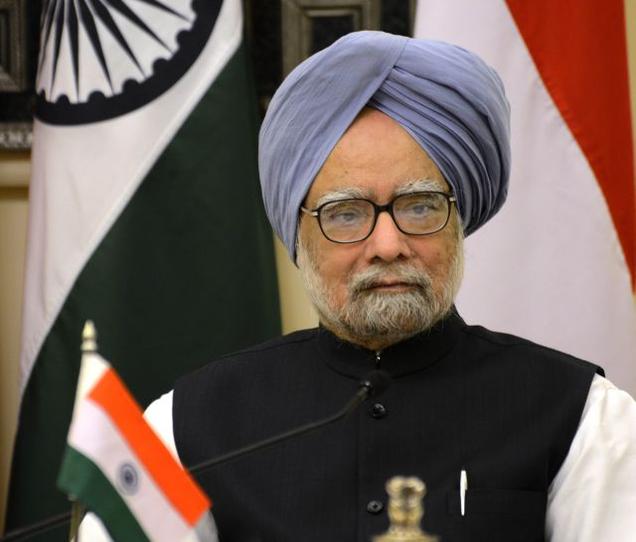
New Delhi, August 8: As the month-long monsoon session of Parliament got underway on Tuesday, Prime Minister Manmohan Singh said the government is prepared to discuss any issue in accordance with rules and hoped the opposition would cooperate in tackling legislative business before the two Houses.
“Our government is prepared to discuss any issue in accordance with the rules and procedure,” he told reporters while entering Parliament on the first day of the monsoon session.
Asked about the adjournment motion BJP plans to move in Parliament on ethnic violence in Assam, Dr. Singh said, “We welcome Parliament as a forum for dialogue.” He said a decision on his statement on Assam violence would be based on what happens in Parliament.
Dr. Singh said he hoped all political parties would cooperate with the government in smooth functioning of Parliament during the monsoon session. “I sincerely hope that all political parties will cooperate with the government in ensuring that this session moves forward smoothly to tackle the many legislative questions which are now before the two Houses,” Dr. Singh said.





Comments
Add new comment